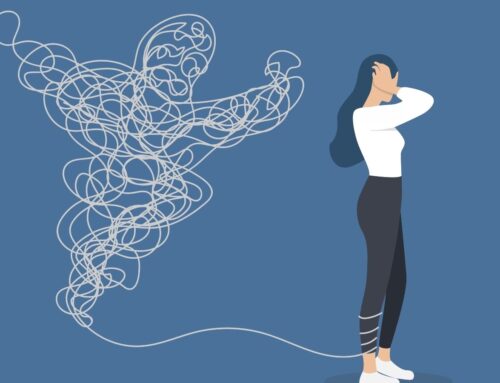One of the first steps in planning treatment in cases of overlapping anxiety disorder and Attention-Deficit Hyperactivity Disorder (ADHD) is to decipher whether these impairments are coming from the ADHD (secondary to the ADHD) or whether they are the result of a separate, co-existing anxiety disorder.
For example, a person with anxiety secondary to ADHD may feel anxious because a difficulty with time management makes him or her late for work. Someone with primary anxiety, such as Social Phobia, experiences phobic symptoms in spite of their ADHD symptoms. It can be very difficult to relax and participate fully in life with these impairing symptoms. He or she may quickly begin to avoid situations in which a negative outcome could occur. If the person is able to face these situations, he or she may only be able to do so by spending excessive time and effort preparing. The anxiety can result in procrastination in behavior or decision-making and the need to repeatedly seek reassurances due to worries.
Whether you have ADD/ADHD and feel a little bit anxious OR have ADD/ADHD and feel very anxious, help is out there in the form of Cognitive Behavioral Therapy (CBT).
For both ADHD and anxiety conditions, CBT is highly effective. The goal of CBT is to teach a client specific coping skills to manage his or her symptoms.
CBT emphasizes the way we think and how we react, and highlights that any given emotion, whether it be anxiety, frustration, anger or sadness, can be broken down into three components:
- A thought
- A feeling
- A behavior
This core CBT model theorizes that if you change the way you think or the way you behave, you can improve the way that you feel.
CBT is comprised of a wide variety of short-term interventions aimed at teaching a client the skills required to change thinking and behaviors and improve emotion regulation. These may include simple skills, including problem-solving and more complex ones such as identifying and re-framing our beliefs in a variety of situations that trigger negative emotions.
To learn more about how CBT can be used to treat anxiety disorders and ADHD, contact us at Georgetown Psychology Associates today.





